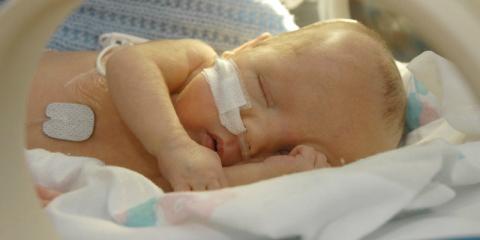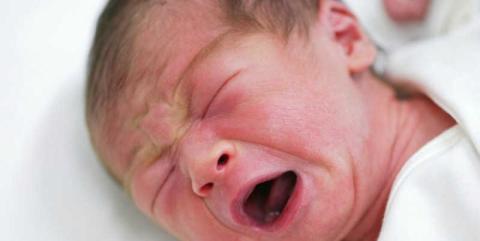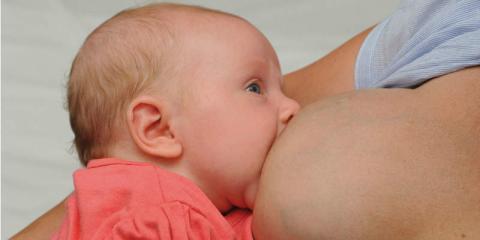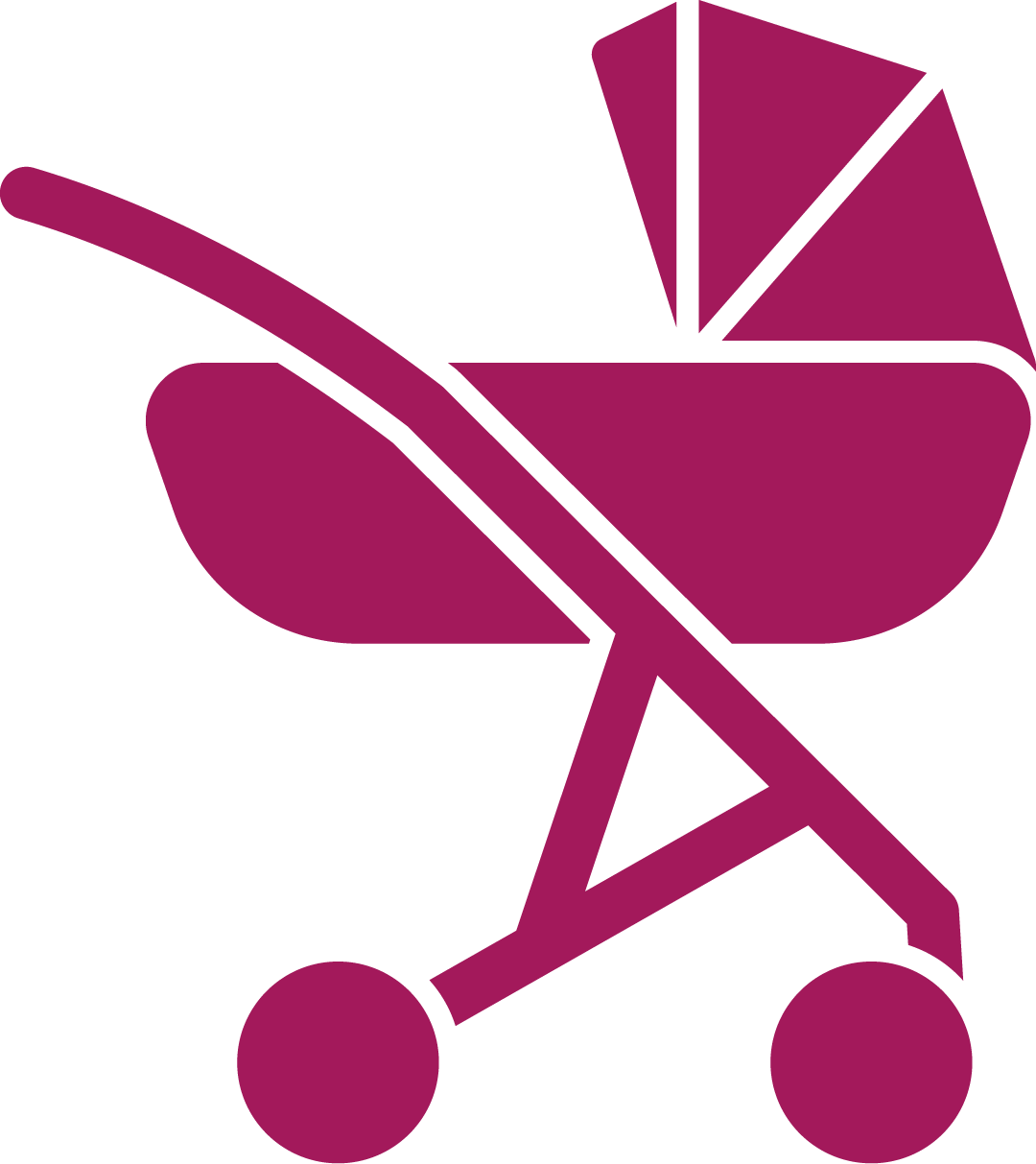Jaundice is a common condition that turns babies' skin yellow. For most babies it goes away by itself.
What to do if your baby has jaundice
In this short video, NHS Infant Feeding Advisor AnneMarie explains what you can do if your baby has jaundice.
What are the symptoms?
Many babies develop jaundice soon after birth. It usually lasts for up to two weeks and is no reason to worry. If your baby has jaundice, the skin on their face and upper part of their body will look a bit yellow. Mums of babies with darker skin tones might notice yellowing better in other parts of their baby's body – such as the whites of their eyes, inside their mouth, and on the soles of their feet and palms of their hands. Some babies will need light treatment for jaundice, particularly premature babies, but for most it clears itself.
When should I be concerned?
You should be a bit more concerned and speak to your midwife and health visitor urgently if:
- your baby is sleepy and not feeding very often
- jaundice appears within the first 24 hours of life
- your baby seems unwell
- the jaundice isn't clearing within 2 weeks
- your baby has dark urine and pale poo
If your baby’s jaundice isn’t clearing within 2 weeks, a doctor will review your baby, but in most cases they'll be fine. Some babies have a longer period of jaundice called breast milk jaundice – however, the benefits of breastfeeding far outweigh any risks associated with it.
Why does it happen?
Jaundice is common in newborn babies because they have a high level of red blood cells. When red blood cells are broken down, a yellow substance called bilirubin is produced which travels in their bloodstream to the liver. The liver's job is to process the bilirubin so it can be passed out of the body in poo. However, as babies have lots of red blood cells and underdeveloped livers, they often have a tough time processing this bilirubin, which can then build up and cause jaundice.
What's the solution?
Most of the time, the only thing to do is wait for the jaundice to clear. By about the second week, your baby will be making less bilirubin and their liver will be better at removing it from their body. Jaundice often corrects itself without causing any harm. If you're breastfeeding, your baby's jaundice may last longer than it would for formula fed babies but this is often normal. In rare cases, jaundice may be the result of another health problem. Your health visitor will be closely monitoring your baby's jaundice, especially if it's lasting longer than normal, and may suggest some tests.
If you have any concerns, then don't hesitate to talk to your health visitor or doctor.
 Activities & Play
Activities & Play Behaviour
Behaviour Childcare
Childcare Development & Growing Up
Development & Growing Up Family, Friends & Relationships
Family, Friends & Relationships Feeding Your Baby
Feeding Your Baby Food & Eating
Food & Eating Health & Safety
Health & Safety Mental Health & Wellbeing
Mental Health & Wellbeing Money & Work
Money & Work Online Behaviour & Safety
Online Behaviour & Safety Pregnancy & First Days
Pregnancy & First Days School & Education
School & Education Sleep
Sleep








 Pregnancy & First Days
Pregnancy & First Days
 Sleep
Sleep